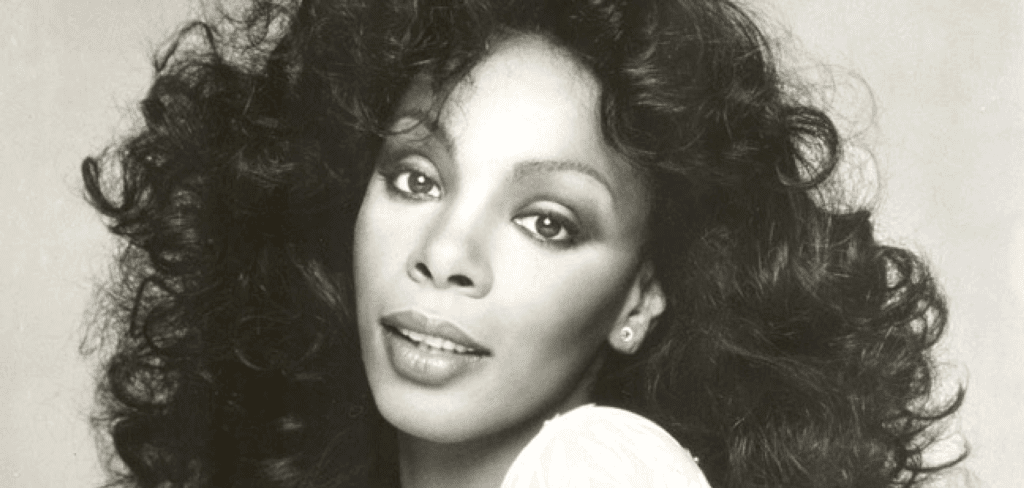
We take a look at the origins of one of dance music’s most important features: the remix.
Remixes and dance music are now practically inseparable. As well as being DJs and producers, all of the best electronic musicians are also remixers. Producing a great remix is a surefire way for up and coming producers to get themselves noticed, and for established producers to put their own signature stamp on another song.
Remixes are everywhere now, but how long have they really been around?
When remixes went mainstream
Patrick Cowley’s seminal remix of Donna Summer’s ‘I Feel Love’ was one of the first remixes to see chart success. Cowley took the original song and stretched it to 15 minutes—over three times its original length—adding loops and newly-overdubbed synthesizers. The full quarter-hour version became an underground collector’s classic, and an edited 7” version reached number 21 on the UK singles chart.
This would have been the first time millions of listeners had ever been exposed to a remix. It became popular in the mid-80s, but DJs had already been remixing for a long time by this point. The ‘I Feel Love’ remix itself grew out of what had become a tradition amongst DJs on the Disco and early Hip Hop scenes.
What was the first ever remix?
As Hip Hop pioneer DJ Kool Herc explains, many DJs noticed that people on the dance floor went wild for the instrumental sections of songs, later christened “the breaks”. Herc found a way to keep the breaks going for longer: he lined up two copies of the same record on adjacent turntables, and played the song’s instrumental section on one record, and then on the other, meanwhile rewinding the first record back to the beginning of the instrumental part, and playing it again whilst rewinding the second record. For obvious reasons, Herc called this technique ‘Merry-Go-Round’.
In ‘Merry-Go-Round’, which Herc premiered at a Bronx house party in 1973, are the seeds of the remix’s origins. Because of techniques like this, it seems likely that the first ever remix would have been performed live by a DJ, and not made in the studio. And we will find it not in performanced by DJ Kool Herc, but in performances that he may have attended in his childhood growing up in Jamaica.
Versions, Dancehall and Dub
DJ Kool Herc was not the first DJ to manipulate and remix songs during live sets (just as he certainly wouldn’t be the last). His willingness to leave tradition at the door and experiment on the turntable may have been inspired by the Jamaican dance hall DJs he observed in his youth. These DJs, actually known locally as “selectors”, would use EQ mixers and effects like echo and reverb to change songs. Doing this would allow them to adapt different songs to suit the varied tastes of Jamaican audiences.
At the time, Reggae, Ska, Dub and Rocksteady were all popular in Jamaica; emphasising or de-emphasising certain elements of songs would help selectors play music that appealed to their audience’s sensibilities, no matter which of these thriving genres they preferred.
These Jamaicans didn’t just do it live. Because many producers at the time owned the multitrack masters of their recordings, they were able to create complex new mixes of any songs they had produced. Producers like Lee “Scratch” Perry made versions that dropped different elements of tracks in and out, removed vocal parts, repeated vocal refrains, and added new effects.
Because of the sheer amount of remixed and re-engineered music coming out of Jamaica at this time, it is impossible to pinpoint exactly which release was the first ever remix, but the tradition dates back to at least the late 1960s, if not earlier.
There are, of course, competing narratives to this one on the origins of the remix. Disco producer Tom Moulton’s remixes for Salsoul Records in the 1970s perhaps have more in common with the electronic music remixes we know and love today. And then there is the European tradition. Krautrock group Neu! released the album Neu! 2 in 1972, with the B-side containing nothing but remixed versions of a previously-released single. (Legend has it they did this because they ran out of money to record new songs.)
Whether all of these early pioneers of the remix influenced each other, or whether each of them independently invented it on their own, it all proves one thing for certain: remixes were inevitable.

